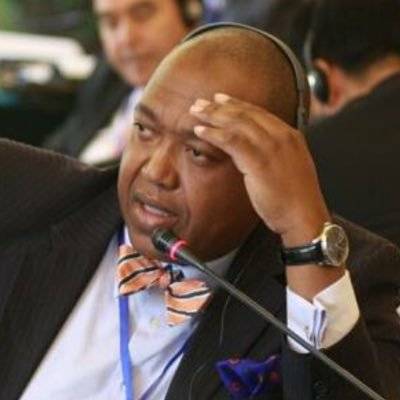It is worth remembering that the initial protests in Syria were calling for social change, not regime change. It was the heavy-handed response of the Bashar Al-Assad government to the protests which changed attitudes and radicalised many ordinary people in the country. Assad could have responded peacefully, but opted to use violence against his own people; hundreds of thousands have since been killed, and millions have been displaced. The BBC put it like this: “When the government used deadly force to crush the dissent, protests demanding the president’s resignation erupted nationwide.”
Opposition supporters took up arms, at first to defend themselves and later to rid their areas of security forces. Assad vowed to crush what he called ‘foreign-backed terrorism’, but the determination of the people of Syria to put pressure on the government forced President Al-Assad to solicit the assistance of Russia and Iran. They have been more brutal in suppressing dissenting voices and fighting the opposition in Syria. The field then got very crowded when the US and Turkey joined the fray. The US claim to be fighting its own war against Daesh, led to even more killing of Sunni Muslims in Syria.
READ: Turkey renews demand for Syrian regime to withdraw to Sochi agreement borders
“It is the grass that suffers when bulls fight,” says an African proverb. In Syria, it has been the innocent people, mostly Sunni Muslims who had nothing to do with the war nor had any serious grievances against the government; it is they who have suffered most in this war. The opposition groups fighting the Syrian government and its allies have, however, consisted mainly of Sunni Muslims. Consequently they have been the main targets of the regime forces and their allies from Iran and Russia. The Syrian Observatory for Human Rights (SOHR), a monitoring group based in Britain, has estimated the death toll since the start of the war to be as high as 511,000 as of March 2018.
![Syrian families, who have been forcibly displaced due to the ongoing attacks carried out by Assad regime and its allies, are seen at a camp in Turmanin in the western rural of Aleppo near Turkish border on a cold winter day in Idlib, Syria on 14 February 2020. [Muhammed Said - Anadolu Agency]](https://i0.wp.com/www.middleeastmonitor.com/wp-content/uploads/2020/02/20200217_2_40885806_52234898.jpg?resize=920%2C613&ssl=1)
Syrian families, who have been forcibly displaced due to the ongoing attacks carried out by Assad regime and its allies, are seen at a camp in Turmanin in the western rural of Aleppo near Turkish border on a cold winter day in Idlib, Syria on 14 February 2020. [Muhammed Said – Anadolu Agency]
READ: Exploiting religion for political purposes has never been a good idea
Under the leadership of President Recep Tayyip Erdogan, Turkey has been in the news over the years for what have often been the wrong reasons. The stringent state of emergency declared after the attempted coup in July 2016 has been criticised worldwide as a pretext to give Erdogan carte blanche to do as he pleases. It has given the government virtually unlimited powers, including the detention without trial of political activists, journalists and those who disagree with the president.
However, the Erdogan government’s stance on Idlib has to be commended, despite fears of another influx of Syrian refugees into Turkey. According to Al Jazeera, “Turkey has poured thousands of troops into Idlib in the last few weeks and President Erdogan has threatened to use military force to drive back Syrian forces unless they pull back by the end of the month.” Turkey already hosts 3.6 million Syrian refugees. Regardless of daily reports about the dreadful humanitarian situation in Idlib and nearby refugee camps, Syrian regime forces supported by Iran have intensified their bombing. Notably, it is Turkey that has stood against the ongoing onslaught in Idlib. Its human rights record at home may be questionable, but at the moment Turkey is the only hope for the people of Idlib.
The views expressed in this article belong to the author and do not necessarily reflect the editorial policy of Middle East Monitor.

![Children greets soldiers with Turkish flags during Turkish military convoy on 7 February, 2020 in Hatay, Turkey [Cem Genco/Anadolu Agency]](https://i0.wp.com/www.middleeastmonitor.com/wp-content/uploads/2020/02/20200207_2_40729461_51918600-scaled-e1582799658220.jpg?fit=920%2C613&ssl=1)







